As park rangers oversaw the teardown of the CRAB Park tent city in Vancouver last month, journalists on scene to document the relocation of its residents were barred from accessing the site, and forced to observe from behind blue metal fencing with signs calling the area a “work zone.”
The city has insisted the action was a “clean-up” of the tent city, with residents moved to a temporary space nearby before being allowed to move back in.
But organizers with Stop the Sweeps have called it “decampment by attrition,” as rules around the encampment are enforced more strictly, causing some residents to give up their space in the newly cleaned encampment.
When an encampment resident gives up their space or finds housing, the city would not allow a new resident to move into that space, deputy city manager Sandra Singh said recently.
The CRAB Park tent city has been in place since 2021, following the city’s eviction of the Strathcona Park tent city. In 2022, the B.C. provincial court blocked an injunction that would have allowed police to raid the tent city. The decision also set aside orders against overnight sheltering in the park.
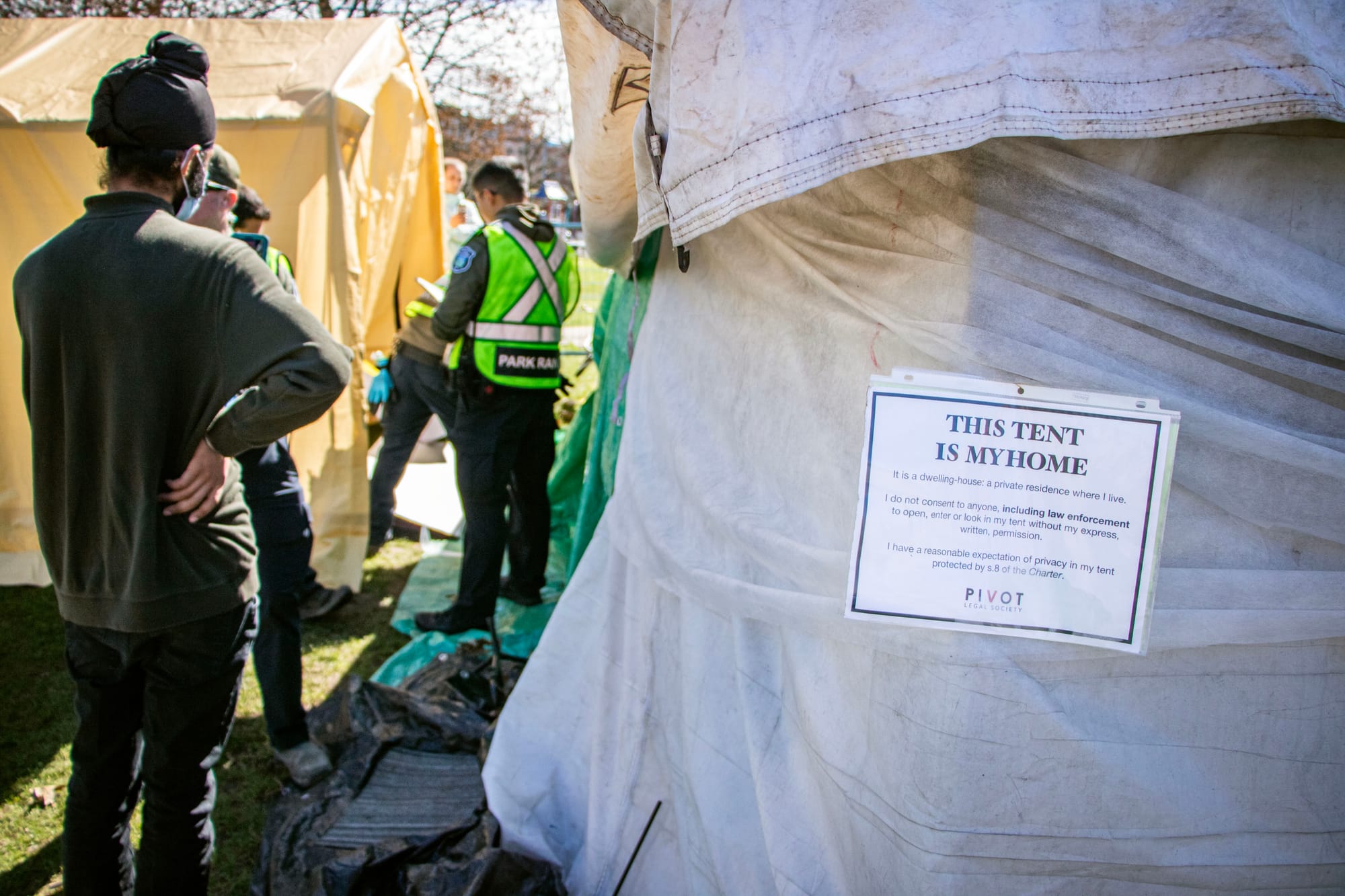
Police blocking journalists from entering the space amounts to a media exclusion zone. The city currently faces a Human Rights Tribunal inquiry into another media exclusion zone enforced less than a year ago during a decampment along Hastings Street and other media exclusion zones imposed over the last five years.
The CRAB Park incident is just the latest in a long series of media exclusion zones to be enforced in Canada, and legal precedents ruling against them don’t appear to have deterred authorities from using the tactic anyway.
Legal Precedents
Canadian courts have twice ruled that police cannot set up media exclusion zones. In 2019, Justin Brake was acquitted of charges against him for embedding with land defenders in Muskrat Falls, Newfoundland and Labrador.
And in 2021, a B.C. court ruled that police had not justified blocking journalists from entering the injunction zone against protesters at Fairy Creek, where the company Teal-Jones was logging old growth forest.
The CRAB Park exclusion zone, nearly three years since the Fairy Creek ruling, came shortly after charges against freelance journalist Brandi Morin were dropped following her arrest by Edmonton police during a January decampment in that city.
Charges against freelance journalist Amber Bracken were also dropped after she was arrested at gunpoint while reporting on the Wet’suwet’en blockade of the Coastal GasLink pipeline — Bracken and The Narwhal are currently suing the RCMP over the arrest.
Jesse Winter, a freelance photojournalist who is working on a project for Maclean’s Magazine, was able to enter the CRAB Park space briefly on the morning of March 25, only to be told he was mistakenly allowed in and that he had to leave.
Winter said he wasn’t explicitly threatened with arrest, “but they made it very clear that something unpleasant would happen if I didn’t leave,” he told The Maple. He was, however, able to negotiate being able to stay in until 9 a.m., but no other journalists were allowed in.
Freelance photojournalist Jackie Dives and Tyee reporter Jen St. Denis both said they did their best to document the day from the sidelines, but they weren’t able to get much.
“I was able to photograph certain things happening outside of the fence, and that was mostly non-residents,” Dives said, noting the public “deserves to know” what was happening behind those fences.
“You can clearly see in my collection of images that the whole story isn’t there. It’s clear that there is a gap in the story, and that gap is the most significant thing, which is the emotions and process of the individuals who this is deeply impacting.”
Before the city’s work began on the encampment, St. Denis said the city held a press conference in which they acknowledged the importance of media access.
“They made these statements like that, but then there was no media access on the day,” St. Denis said.
When asked about the media exclusion zone on March 25, deputy city manager Sandra Singh cycled through potential explanations, but none was satisfactory to the journalists on scene that day.
Singh referenced heavy machinery, but the machinery was not in the zone until the following day. She also suggested that if journalists had asked, they would have been given managed access.
But Winter said pointing out that exclusion zones were illegal didn’t satisfy the park rangers on scene.
St. Denis said the restrictions on reporters this year were even stricter than the media exclusion zone during last year’s Hastings decampment that is being investigated by the Human Rights Tribunal.
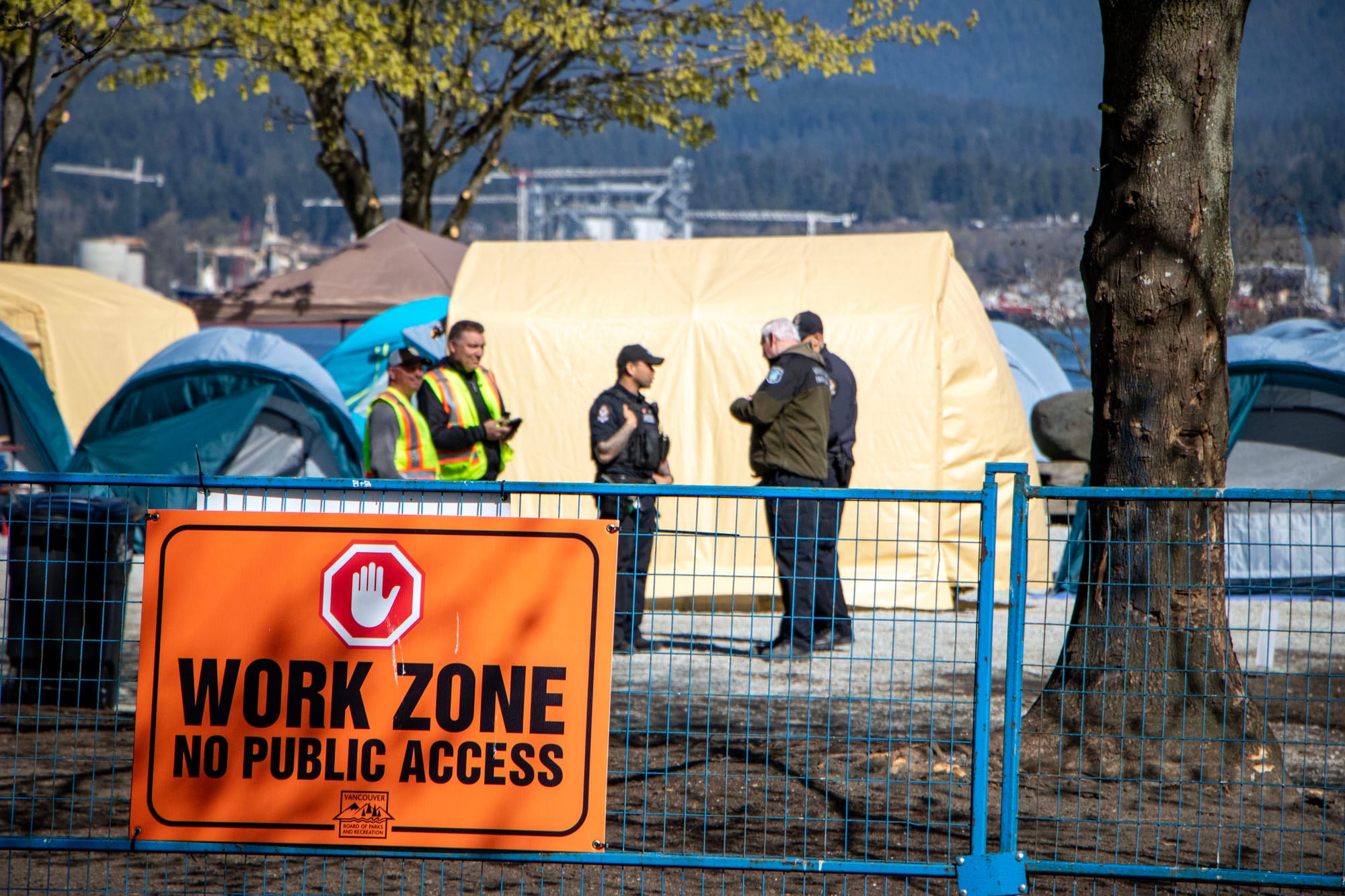
“It wasn’t actually a physical fence [last year], and I was able, in that instance […] to get in through one of the alleys,” St. Denis said.
Singh pushed back on comparisons with last year’s decampment, noting that a pool camera was available to TV networks last year, and that some reporters were given managed access while heavy trucks were running in the area. After 45 minutes, Singh said, media were given “unfettered access.”
But St. Denis, who was also at the Hastings decampment last year, said “unfettered access” didn’t reflect her experience, and she never heard about the pool camera until long afterwards.
“I don’t consider having [Canadian Press] there to be adequate access,” St. Denis added.
Singh said she and the city would “reflect” on concerns about media exclusion zones.
“Whenever we do this type of work, we want to balance the need for people to have some privacy while they’re working through their very complex situations,” Singh said.
“But also recognizing that the media plays an extraordinarily important role in our democratic system around reporting on events of significance, holding government to account.”
Such reflections are of little comfort to Winter.
“The moment has passed. You’ve been successfully prevented from doing your job, and the moment is over, and the outcome is what? Nothing. And then the next time this situation happens again, repeat the process,” Winter said.
“Journalists are excluded from places that we have a right to be, and the whole thing just keeps going.”
Winter said he’s not only frustrated with the authorities blocking media access — he also wants to see more from the journalism industry. Journalists, he said, rarely push back and tell police they have a right to be in those spaces.
“I saw this at Fairy Creek, I’ve seen it here in the city — so many journalists show up to these spaces and go, ‘Oh, OK, I guess that’s what I’m told that I have to do,’ and they don’t even push [back]. They don’t push at all. They just go along with it,” Winter said.
“On an individual basis, I understand why that is — for all the same reasons that I chose to negotiate to leave instead of standing my ground and insisting. It’s because you still need to be able to do your job, you don’t want to instigate a situation where you might get arrested.”
But when journalists don’t push back, Winter said, “we further entrench the precedent that what they’re doing is OK, and it’s not, and I think in order for us to see real concrete action on this, all of us need to do a better job of learning the legal language, learning the precedents.”
But it has to start with editors and publishers, Winter said. While small publications like Ricochet and The Narwhal have worked to support Morin and Bracken when they were arrested and afterwards, they’re the exception.
“We need our bosses, we need our managers to empower us […] There have been a lot of situations — Fairy Creek, Wet’suwet’en territory, Shut Down Canada protests — lots of places where I’ve been trying to do my job, and in the back of my head, I hear an editor’s commandment: don’t get arrested,” Winter said.
Dives agreed that journalists need to push back more — and in a collective fashion that protects individuals from being singled out.
“It can’t just be me, a little, small female being like, ‘I’m gonna take you to court!’ […] Literally, there were like 25 of us there on Monday [March 25]. There was a huge group of us, basically everyone was there, every media publication, including the CTVs and the CBC with the bigger cameras,” Dives said.
“If we had them recording us and all of us saying ‘This is our legal right’ it would have an impact.”
Dustin is a freelance journalist and writer based out of the Vancouver, B.C. area. Their writing interests includes issues around justice, including housing, drug policy and policing.

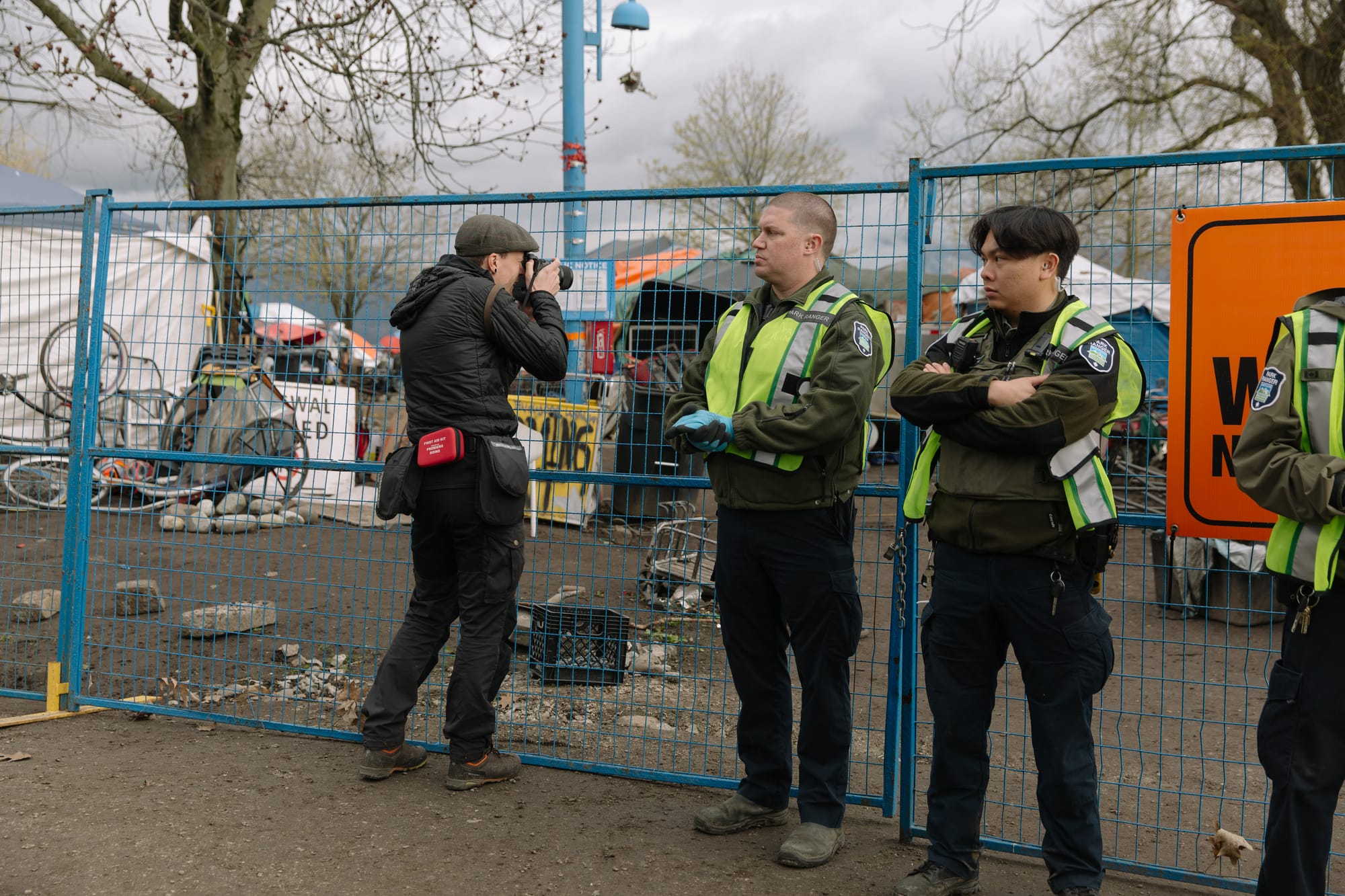
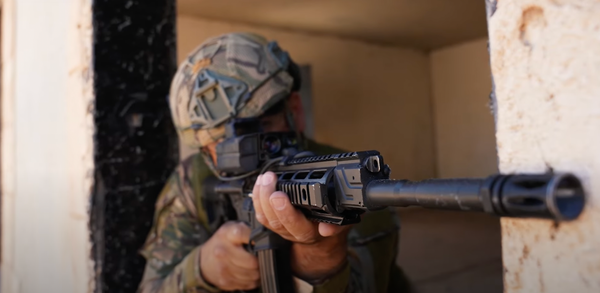

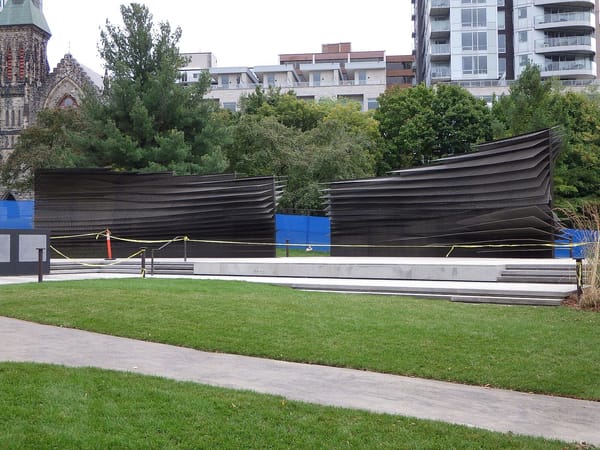
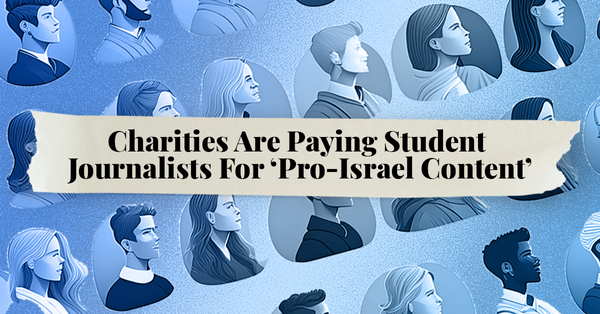

Member discussion